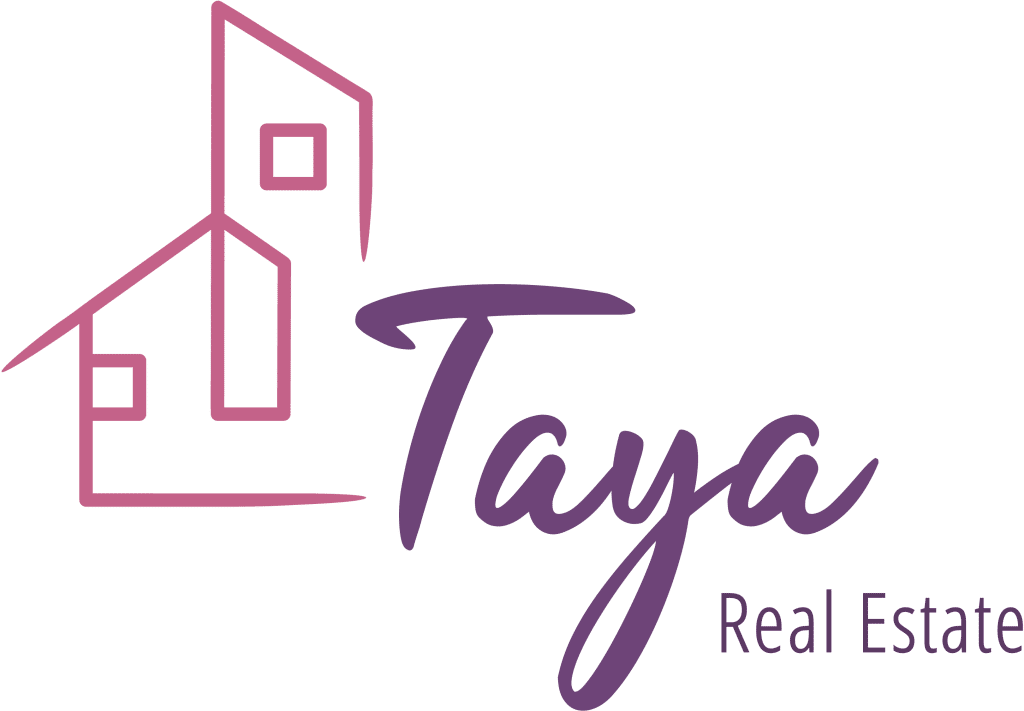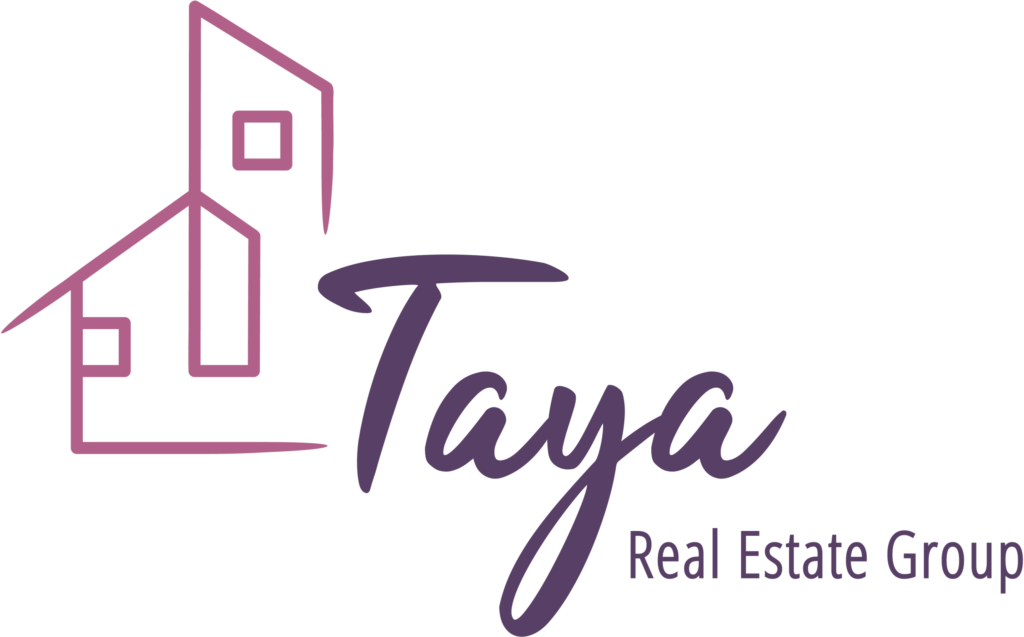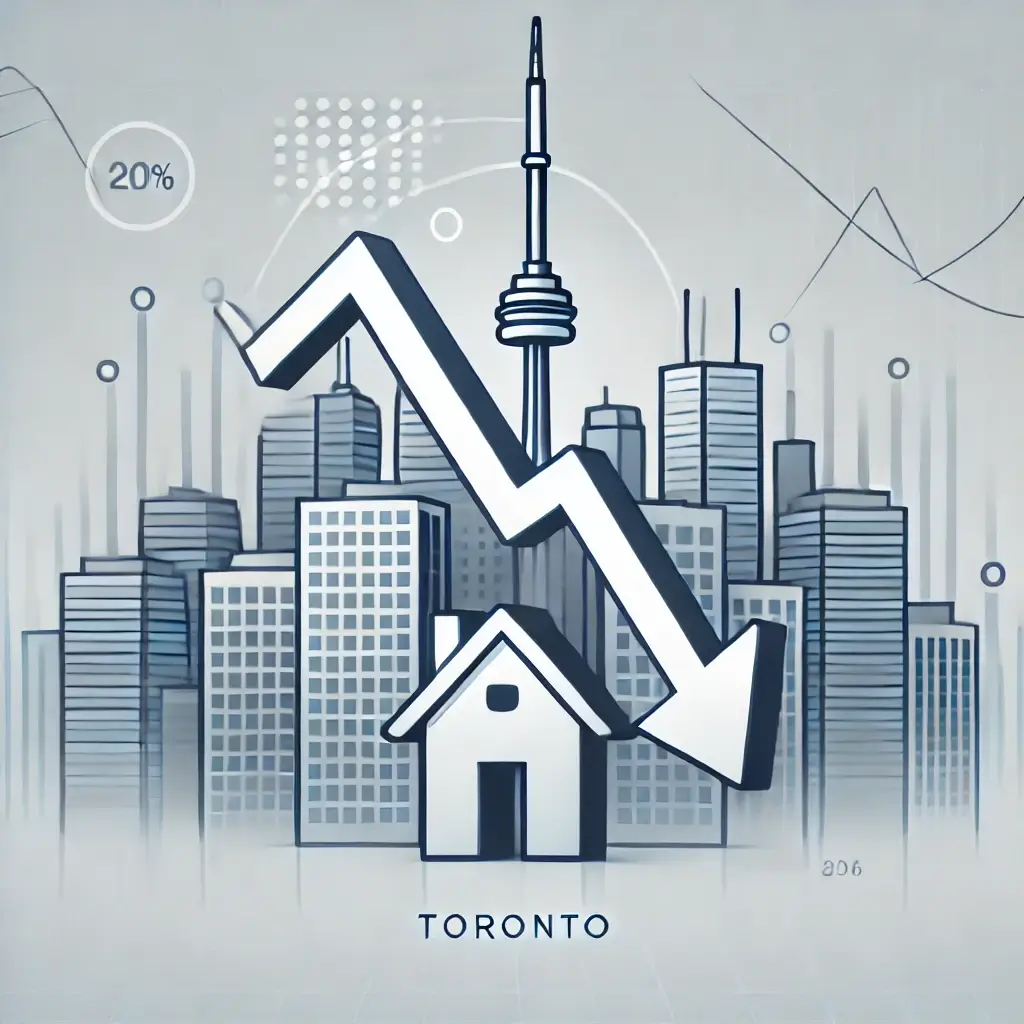Toronto’s real estate market has long been a hotspot for short-term rentals, driven by platforms like Airbnb. These rentals have offered a lucrative opportunity for investors and homeowners alike. However, with the introduction of stricter short-term rental regulations in recent years, landlords and investors need to stay informed on how these changes impact their rental strategies in 2024 and beyond.
In this blog, we’ll break down the new rules, explore what they mean for landlords and investors, and offer strategies to navigate the evolving short-term rental landscape in Toronto.
Overview of Toronto’s Short-Term Rental Rules
Toronto’s regulations governing short-term rentals were put in place to strike a balance between supporting tourism and protecting long-term housing availability. These rules, updated most recently in 2023, limit who can rent out properties on a short-term basis, how many days per year they can do so, and what type of units qualify for short-term rentals.
Here’s a summary of the key regulations:
- Principal Residence Requirement
- In Toronto, only your principal residence can be listed as a short-term rental. This means that homeowners or tenants can rent out their homes, but they are not allowed to list additional investment properties on platforms like Airbnb.
- If you are a landlord or investor, this rule directly impacts your ability to use multiple properties for short-term rentals. It’s essential to ensure that any property you rent short-term qualifies as your principal residence.
- 120-Night Annual Limit
- Homeowners or tenants are allowed to rent out their principal residence for up to 120 nights per year. This limit is designed to prevent short-term rentals from dominating the housing market and reducing the supply of long-term rental units.
- For investors, this means that maximizing short-term rental income will require careful planning, as you can only rent your property for about four months out of the year.
- Registration Requirement
- All short-term rental operators in Toronto must register with the city and obtain a registration number. The current registration fee is approximately $50 per year, and failure to register can result in fines or penalties.
- For investors looking to rent their primary residence, it’s crucial to ensure that you are registered and comply with all city requirements to avoid potential legal issues.
- Condo and HOA Restrictions
- In addition to city regulations, condo buildings and homeowners’ associations (HOAs) may impose their own restrictions on short-term rentals. Many condo boards in Toronto have banned short-term rentals altogether or imposed strict limits.
- Before investing in a condo or property intended for short-term rentals, it’s important to check with the condo board or HOA to ensure that you are allowed to list your property for short-term rental use.
What These Rules Mean for Landlords and Investors
The introduction of these regulations has caused a shift in the Toronto short-term rental market. Here’s how they impact landlords and investors:
- Reduced Profit Potential for Multiple Properties
- Investors who previously rented out multiple properties on platforms like Airbnb now face limitations, as only their principal residence can qualify for short-term rentals. This rule has effectively reduced the number of properties available for short-term rentals and has pushed some investors to shift their focus back to long-term rentals.
- For investors with a portfolio of properties, this means that any additional units you own will likely need to be rented out on a long-term basis. Alternatively, you can explore the possibility of renting these units on a medium-term basis (30-90 days) to corporate clients or traveling professionals.
- Higher Demand for Legal Short-Term Rentals
- The tightening of short-term rental regulations has led to a reduction in the number of available rental units. As a result, the remaining legal short-term rentals have seen a surge in demand. Investors who comply with the rules and register their principal residence as a short-term rental may find that they can charge higher nightly rates due to this increased demand.
- For investors willing to follow the rules, there’s still an opportunity to generate significant income, especially during peak seasons when tourism is high.
- Shift Toward Long-Term Rentals
- Many investors have responded to the new rules by shifting their properties to long-term rentals, which still offer stable, reliable income without the same restrictions as short-term rentals. While long-term rentals typically offer lower monthly returns than short-term rentals, they come with the benefit of fewer regulations and less turnover.
- If you’re looking to transition your short-term rental property to a long-term rental, Taya Real Estate can help you find the right tenants and guide you through the process. Visit our website Taya Real Estate or connect with us on Facebook for more information.
- Exploring Alternative Markets
- Investors who are unable to rent out their Toronto properties short-term may want to explore opportunities in nearby cities or vacation destinations with more lenient rules. Markets like Hamilton, Niagara-on-the-Lake, and Muskoka offer a more flexible regulatory environment for short-term rentals while still being within driving distance of Toronto.
- Expanding your portfolio into these alternative markets can diversify your investment strategy and help mitigate the impact of Toronto’s stricter regulations.
Navigating the 120-Night Limit
For investors and homeowners who want to continue operating short-term rentals in Toronto, navigating the 120-night limit requires a strategic approach. Here are a few tips:
- Maximize Peak Seasons
- Focus your short-term rental efforts on peak seasons when demand is highest, such as during the summer months and major events like the Toronto International Film Festival (TIFF). By concentrating your 120 nights on high-demand periods, you can maximize your nightly rates and overall income.
- Utilize Medium-Term Rentals
- If you’ve hit the 120-night limit, consider renting your property out for medium-term stays (30-90 days) to corporate clients, visiting academics, or professionals relocating to the city. These medium-term rentals are not subject to the same regulations and can help you maintain cash flow during the off-season.
- Collaborate with Property Managers
- Managing a short-term rental can be time-consuming, especially when dealing with changing regulations. Working with a property manager can help streamline the process and ensure that your property remains compliant with Toronto’s rules while maximizing your rental income.
- At Taya Real Estate, we offer property management services to help you navigate the complexities of short-term rentals. Reach out to our team for assistance in managing your investment properties.
Conclusion: Staying Compliant in a Changing Market
Toronto’s short-term rental market has changed significantly due to the new regulations, and investors must adapt their strategies accordingly. While these rules may present challenges, there are still plenty of opportunities to generate income through short-term rentals if you navigate the market wisely. By focusing on your principal residence, complying with city registration, and exploring alternative rental strategies, you can continue to succeed in Toronto’s evolving real estate landscape.
For more insights on how these regulations impact your investment strategy or to explore long-term or alternative rental opportunities, visit Taya Real Estate or connect with us on Facebook. We’re here to help you make the most of Toronto’s real estate market.








